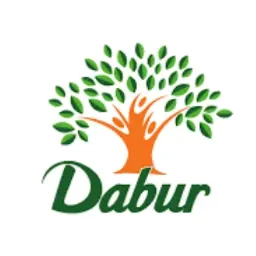This course provides a unique blend of subjects enrich the candidate’s knowledge, creates a highly adaptive environment, and provides opportunities to grow successfully in the respective field.
The Botany curriculum focuses on the evolution, plant characteristics and behavior, classification, theories about the plant kingdom, and the interaction of plants with the environment. It covers subjects related to phycology, plant anatomy and developmental biology, cell biology and biomolecules, mycology and plant pathology, taxonomy of angiosperms, genetics and genomics, plant physiology and biochemistry, phytochemistry, microbial biotechnology, and the applications of computer applications and bioinformatics.
The Biotechnology curriculum emphasizes on the application of cellular and biomolecular processes to develop products that help to improve and simplify our lives. It is an interdisciplinary science and involves concepts and theories related to engineering, medicine, biology, chemistry, and technology. It covers topics animal biotechnology, fermentation technology, bioinformatics, spoilage of food, and preservation. Newly developed skills provide a deep understanding of the various uses of biological products in medical devices, diagnostics, resilient crops, biofuels, biomaterials, and pollution control.
The Biochemistry curriculum emphasizes on the study of chemical processes at the molecular level that occur within living systems. It covers subjects related to metabolism, enzymology, microbiology, buffers, molecular biology, cell biology, bioinformatics, biophysical chemistry, recombinant DNA technology, bioenergetics, genetics, virology, developmental biology, immunology, plant biochemistry, neuro-biochemistry, pathology and biochemistry of diseases, and ecological principles.














